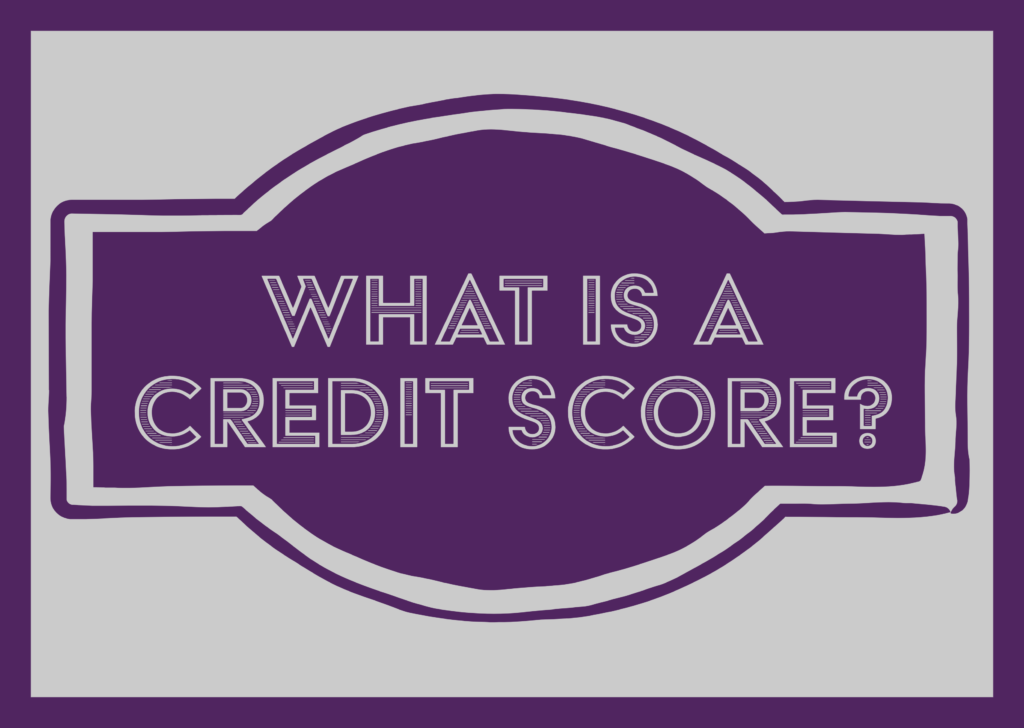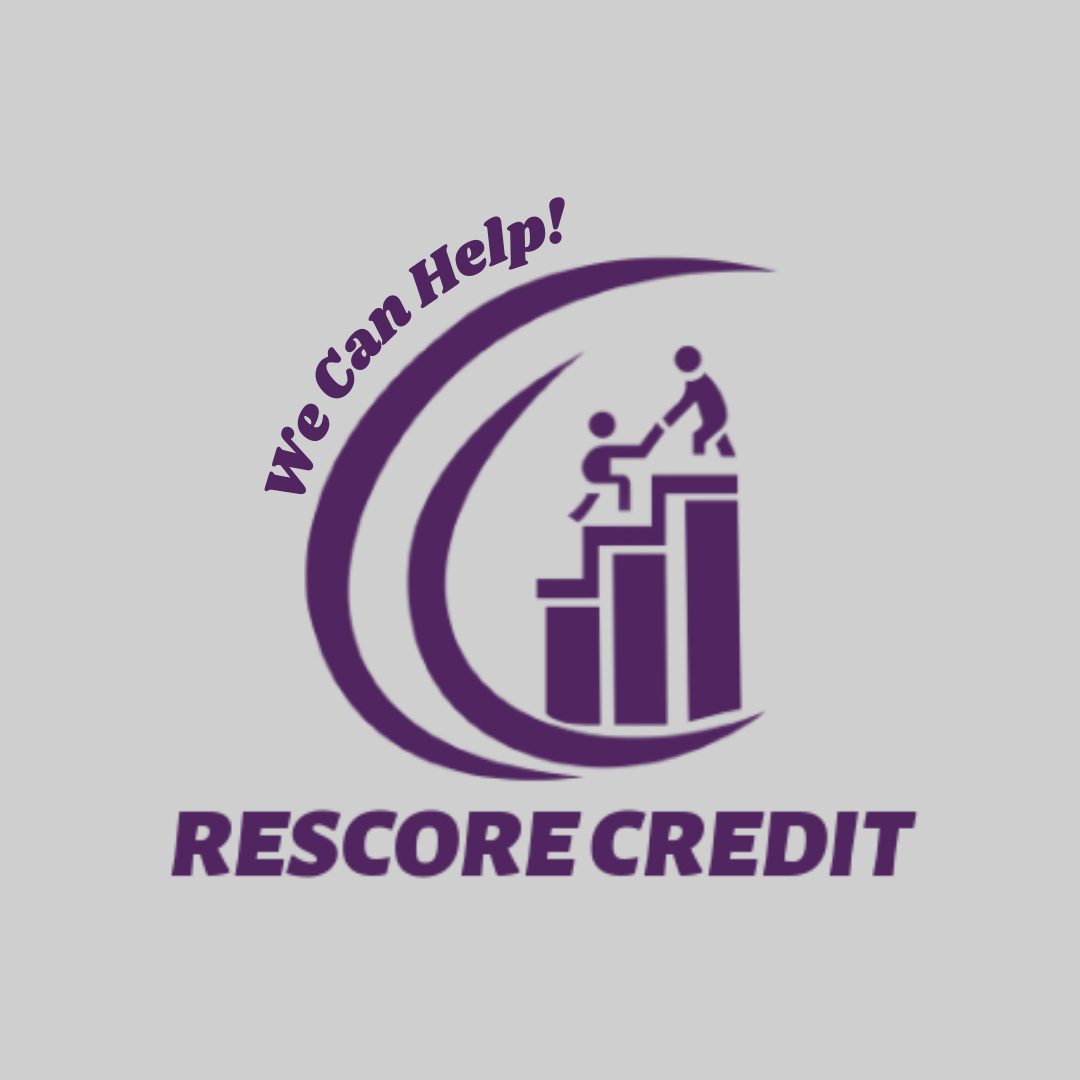CREDIT INFORMATION

What is a Credit Score?
A credit score is a number generated by a mathematical formula that is meant to predict credit worthiness. Credit scores range from 300-850. The higher your score is, the more likely you are to get a loan. The lower your score is, the less likely you are to get a loan. If you have a low credit score and you do manage to get approved for credit, then your interest rate will be much higher than someone who had a good credit score and borrowed money. Therefore, having a high credit score can save many thousands of dollars over the life of your mortgage, auto loan, or credit card.
What affects your Credit Score?
Payment History – 35%
Amounts Owed – 30%
Length of Credit History – 15%
New Credit – 10%
Types of Credit Used – 10%


We will help you to dispute negative items in your payment history.
- We will show you how to maximize your debt ratio score, even if paying off credit cards is not an option.
- We have methods of increasing your credit history with positive rated accounts that will improve your score.
- Most people are aware of the three credit reporting bureaus, Equifax, Experian and TransUnion. The average difference in scores between the highest and lowest of your credit scores, from the three bureaus, is 60 points. This is the result of the credit bureaus having different items on their report, which may be correct, incorrect or are not reported in full compliance with credit law. According to a recent study, nearly 80% of all credit reports have serious errors on them and this does not even include the even smaller errors for which we look.
We will help you to dispute negative items in your payment history.
- We will show you how to maximize your debt ratio score, even if paying off credit cards is not an option.
- We have methods of increasing your credit history with positive rated accounts that will improve your score.
- Most people are aware of the three credit reporting bureaus, Equifax, Experian and TransUnion. The average difference in scores between the highest and lowest of your credit scores, from the three bureaus, is 60 points. This is the result of the credit bureaus having different items on their report, which may be correct, incorrect or are not reported in full compliance with credit law. According to a recent study, nearly 80% of all credit reports have serious errors on them and this does not even include the even smaller errors for which we look.


In addition to starting the credit dispute process with you, what can I do to help raise my credit score?
- Pay all of your bills on time, every time. This includes your utility bills, mortgage and auto payments, and all of your revolving lines of credit like credit cards. Check your credit report at least once a year.
- Never charge more than 30% of the available balance on any of your credit cards. Banks like to see a nice record of on-time payments, and several credit cards that are not maxed-out. If you are carrying high balances on your credit cards, then make paying them down below 30% a priority. Do use your credit cards – many people who make mistakes with their credit believe that the best way to fix things is to never use credit again. If you are afraid that you cannot handle your credit cards correctly then the best policy is probably this one: Run only your utility bills on your credit cards each month, and then pay the balance in full by the due date. This ensures that your utility bills get paid on time automatically, and as long as you keep the habit of paying off your credit card balance each month your score will continue to go up. Leave the credit cards locked in a safe or drawer at home.
- Keep your accounts open as long as possible – even if you are no longer charging on the card. The best policy is to keep those unused accounts open, blow the dust off your card every few months to make a small purchase, then pay it off. How long each of your accounts have been active is a major factor in your credit score.
- Remember that this all takes time – following the above steps consistently over a long period of time will increase your credit score and allow you to qualify for better loans and lower interest rates. Repairing your credit score does not happen overnight, so if you do these things for a few months and do not see a large increase in your score, do not give up. They are all habits that you will want to maintain throughout your life, as they will help you to keep your finances and lines of credit under control.
How long will certain items remain on my credit file?
Delinquencies (30-180 days): A delinquency may remain on file for seven years; from the date of the initial missed payment.
Collection Accounts: May remain seven years from the date of the initial missed payment that led to the collection (the original delinquency date). When a collection account is paid in full, it will be marked as a “paid collection” on the credit report.
Charge-off Accounts: When a delinquent account is sent to a collections company. This will remain for seven years from the date of the initial missed payment that led to the charge-off (the original delinquency date), even if payments are later made on the charge-off account.
Closed Accounts: Closed accounts are no longer available for further use and may or may not have a zero balance. Closed accounts with delinquencies remain for seven years from the date they are reported closed, whether closed by the creditor or by the consumer. However, the delinquency notation will be removed seven years after the delinquency occurred when pertaining to late payments. Positive closed accounts continue to be reported for ten years from the closing date.
Lost Credit Card: If there are no delinquencies, credit cards reported as lost will continue to be listed for two years from the date the creditor is contacted. Delinquent payments that occurred before the card was lost are reported for seven years.
Bankruptcy: Chapters 7, 11, and 12 will remain on one’s credit report for ten years from the filing date. A Chapter 13 bankruptcy is reported for seven years from the filing date. Accounts included in a bankruptcy will remain for seven years from the date reported as included in the bankruptcy
Judgments: Remain seven years from the date filed.
City, County, State, and Federal Tax Liens: Unpaid tax liens remain for fifteen years from the filing date. A paid tax lien will remain on one’s report for 10 years from the date of payment.
Inquiries: Most inquiries listed on one’s credit report will remain for two years. All inquiries must remain for a minimum of one year from the date the inquiry was made. Some inquiries, such as employment or pre-approved offers of credit, will show only on a personal credit report pulled by you.


Information that cannot be in a credit report
- Medical information (unless you provide consent)
- Notice of bankruptcy (Chapter 11) more than ten years
- Debts (including delinquent child support payments) more than seven years old
- Marital status or race (if requested from a current or prospective employer)
The Benefits of Good Credit
- Low car insurance rates
- Low interest rate credit cards
- Qualify for a SBA loan to start a business
- More employment opportunities
- Low interest rate auto loan with NO down payment
- Rent an apartment with no security deposit
- Low interest rate mortgages
- Quality for a low interest personal loan
- Have extra money at the end of the month
- CONFIDENCE!

Fair Debt Collection Practices Act
The Fair Debt Collection Practices Act (FDCPA) is a consumer protection amendment to the Consumer Credit Protection Act which establishes legal protection from abusive debt collection practices. The Act creates guidelines under which debt collectors may conduct business, defines rights of consumers involved with debt collectors, and prescribes penalties and remedies for violations of the Act.
The Act prohibits certain types of “abusive and deceptive” conduct when attempting to collect debts, including the following:
- Hours for phone contact: contacting consumers by telephone outside of the hours of 8:00 a.m. to 9:00 p.m. local time.
- Failure to cease communication upon request: communicating with consumers in any way (other than litigation) after receiving written notice that said consumer wishes no further communication or refuses to pay the alleged debt, with certain exceptions, including advising that collection efforts are being terminated or that the collector intends to file a lawsuit or pursue other remedies where permitted.
- Causing a telephone to ring or engaging any person in telephone conversation repeatedly or continuously: with intent to annoy, abuse, or harass any person at the called number.
- Communicating with consumers at their place of employment after having been advised that this is unacceptable or prohibited by the employer.
- Contacting consumer known to be represented by an attorney.
- Communicating with consumer after request for validation has been made: communicating with the consumer or the pursuing collection efforts by the debt collector after receipt of a consumer’s written request for verification of a debt made within the 30-day validation period (or for the name and address of the original creditor on a debt) and before the debt collector mails the consumer the requested verification or original creditor’s name and address.
- Misrepresentation or deceit: misrepresenting the debt or using deception to collect the debt, including a debt collector’s misrepresentation that he or she is an attorney or law enforcement officer.
- Publishing the consumer’s name or address on a “bad debt” list.
- Seeking unjustified amounts, which would include demanding any amounts not permitted under an applicable contract or as provided under applicable law.
- Threatening arrest or legal action that is either not permitted or not actually contemplated.
- Abusive or profane language used in the course of communication related to the debt.
- Communication with third parties: revealing or discussing the nature of debts with third parties (other than the consumer’s spouse or attorney). Collection agencies are allowed to contact neighbors or co-workers but only to obtain location information; disreputable agencies often harass debtors with a “block party” or “office party” where they contact multiple neighbors or co-workers telling them they need to reach the debtor on an urgent matter.
- Contact by embarrassing media, such as communicating with a consumer regarding a debt by post card, or using any language or symbol, other than the debt collector’s address, on any envelope when communicating with a consumer by use of mail or by telegram, except that a debt collector may use his business name if such name does not indicate that he is in the debt collection business.
- Reporting false information on a consumer’s credit report or threatening to do so in the process of collection.
Via source: https://en.wikipedia.org/wiki/Fair_Debt_Collection_Practices_Act
